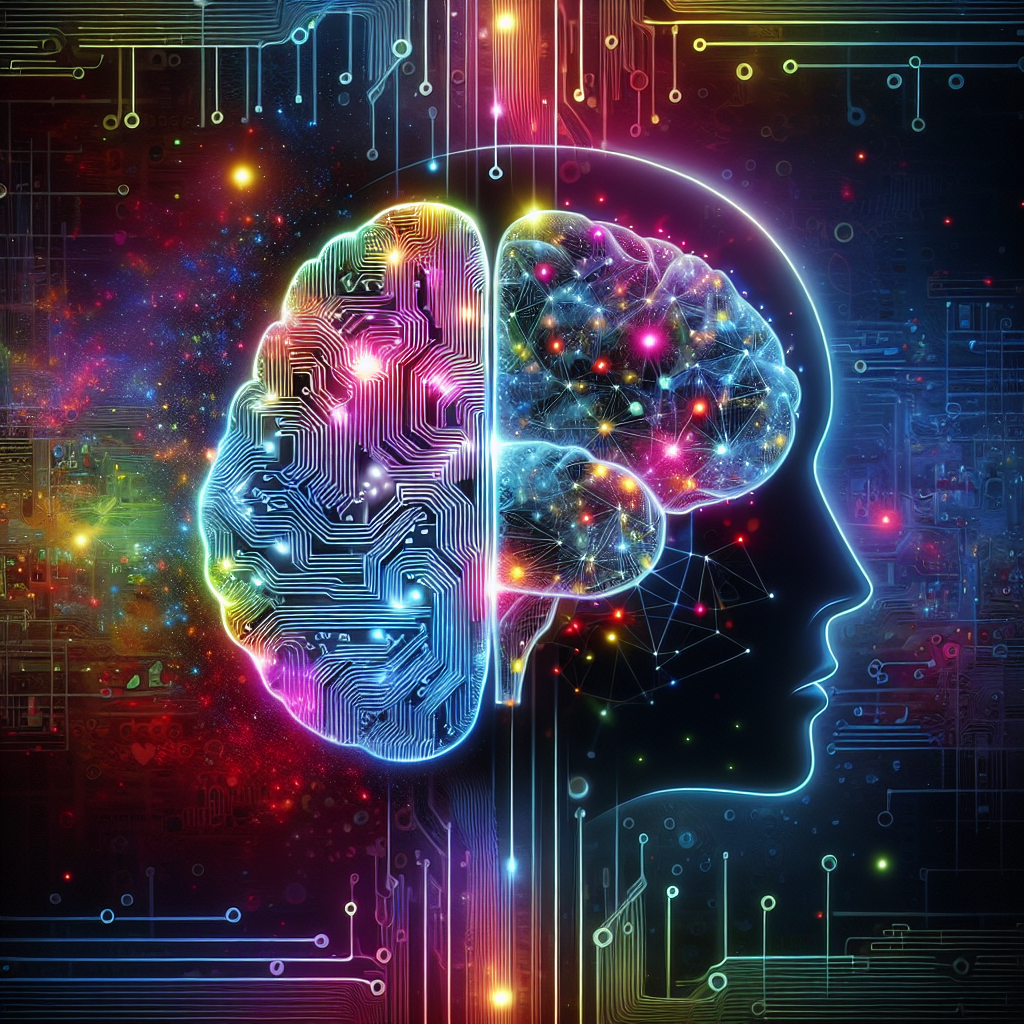Artificial General Intelligence (AGI) is a field of study within artificial intelligence (AI) that aims to create machines with the ability to understand and learn any intellectual task that a human being can. This is in contrast to narrow AI, which is designed to perform specific tasks, such as playing chess or recognizing speech. The quest for AGI has been ongoing for decades, with researchers and scientists pushing the boundaries of technology in an attempt to create machines that can think and reason like humans.
One of the ultimate goals of AGI research is the creation of superintelligent machines, which would surpass human intelligence in every conceivable way. This idea has been popularized in science fiction, with stories of AI systems that are able to outthink and outperform their human creators. While the reality of superintelligent machines is still a long way off, the pursuit of AGI has the potential to revolutionize the way we live and work.
The Quest for AGI
The quest for AGI can be traced back to the early days of AI research in the 1950s and 1960s. At that time, scientists were focused on creating machines that could perform specific tasks, such as playing chess or solving mathematical problems. As technology advanced, researchers began to explore the possibility of creating machines that could learn and adapt to new situations, leading to the development of neural networks and other advanced AI techniques.
In recent years, there has been a renewed interest in AGI, fueled by advances in machine learning, deep learning, and other AI technologies. Companies such as Google, Facebook, and Microsoft have invested heavily in AGI research, with the goal of creating machines that can think and reason like humans. While the goal of AGI may seem far-fetched, experts believe that it is only a matter of time before we see machines that can rival human intelligence.
The Potential Impact of AGI
The potential impact of AGI on society is immense. Superintelligent machines could revolutionize the way we work, communicate, and interact with the world around us. They could help us solve some of the most pressing challenges facing humanity, such as climate change, poverty, and disease. They could also lead to advancements in fields such as medicine, transportation, and entertainment.
However, the development of AGI also raises ethical and philosophical questions. How do we ensure that superintelligent machines are aligned with human values and goals? How do we prevent them from causing harm or acting against our interests? These are complex issues that will need to be addressed as we move closer to the creation of AGI.
FAQs
Q: What is the difference between AGI and superintelligence?
A: AGI refers to machines that can perform any intellectual task that a human can, while superintelligence refers to machines that surpass human intelligence in every way. Superintelligent machines would be able to outthink and outperform humans in all areas of cognition.
Q: How close are we to achieving AGI?
A: While progress has been made in the field of AGI, we are still far from creating machines that can think and reason like humans. Experts believe that it could take several decades or even centuries before we see true AGI.
Q: What are the potential risks of AGI?
A: One of the biggest risks of AGI is the potential for machines to surpass human intelligence and act against our interests. Superintelligent machines could pose a threat to humanity if not properly aligned with our values and goals.
Q: How can we ensure the safe development of AGI?
A: Ensuring the safe development of AGI will require collaboration between researchers, policymakers, and industry leaders. It will be important to establish ethical guidelines and regulations to guide the development and deployment of superintelligent machines.
In conclusion, the quest for AGI and superintelligence has the potential to revolutionize the way we live and work. While the development of superintelligent machines raises ethical and philosophical questions, it also offers the opportunity to solve some of the most pressing challenges facing humanity. With careful planning and collaboration, we can ensure that AGI is developed in a way that benefits society as a whole.

